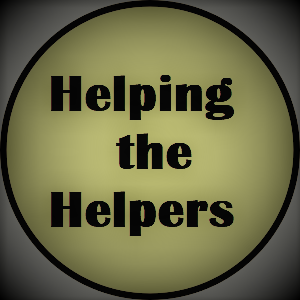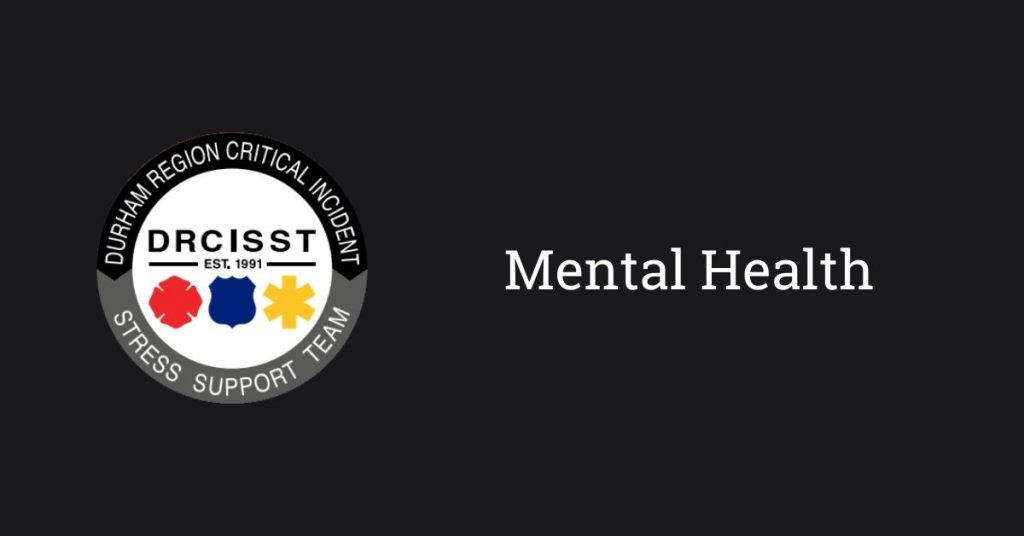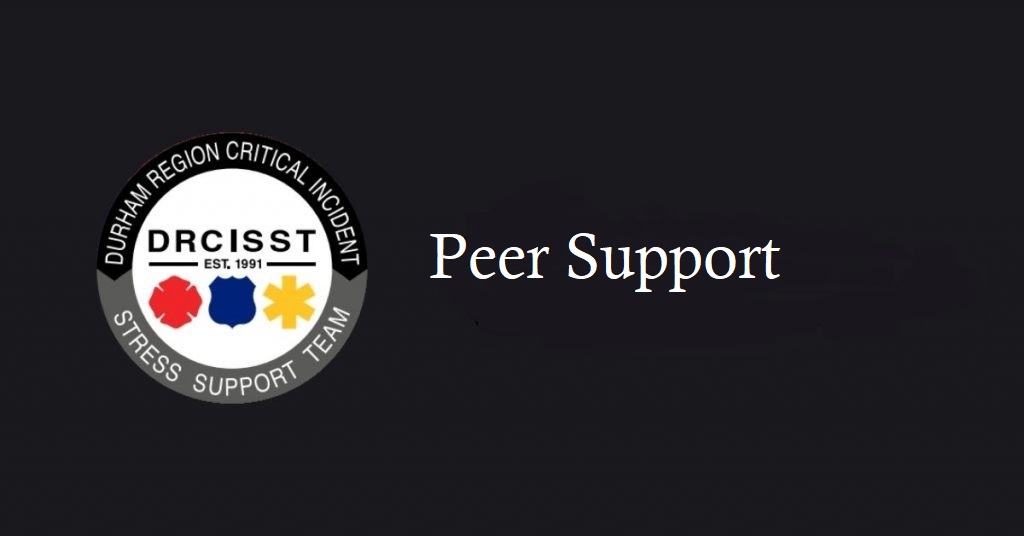When an EMT or paramedic is in distress and suffering from mental illness you have options to help them
We need to look out for one another’s mental health and safety just as much as we look out for dangers to physical safety.
KNOW THE WARNING SIGNS OF MENTAL DISTRESS

It is important to recognize potential warning signs and speak up if you become concerned about a co-worker’s mental health. (Photo/Wikimedia Commons)
RELATED ARTICLES
How EMS can be the voice of courage for one another
Health and wellness: Do something!
Depression in EMS: We are in this battle together
RELATED RESOURCES
- Need help? Call DRCISST anytime!
It is important to recognize potential warning signs and speak up if you become concerned about a co-worker’s mental health. Look for these warning signs:
- Being late, sloppy appearance, not taking care of their ambulance or equipment
- Anger or a bad attitude towards colleagues, patients and facility staff
- A change in behavior such as refusing to work overtime, or not attending agency events
- Getting upset or angry when reminded of a certain call
- Admitting to increased stress outside of work
- Increased alcohol use, or substance abuse
(If you think a co-worker is under the influence on the job, report it immediately. No friendship or partnership is worth the risk of having someone under the influence of drugs or alcohol operating emergency vehicles or treating patients.)
OPTION 1: TALK TO THE PERSON ABOUT WHAT YOU SEE
Many times people who are having a mental health problem want to talk about how they are feeling, but they don’t know how to start the conversation. They may fear being stigmatized. Approaching someone and letting them know you are there to listen and not judge may be enough for them to feel comfortable opening up and talking about what is going on.
Consider saying things like “I’ve noticed [describe a specific behavior], how are you feeling?” or “I’m concerned because of [describe a specific behavior or conversation], is there anything you want to talk about?” This allows you to give a specific example of why you are concerned and also ask an open-ended question.
Additional advice for a conversation:
- Plan ahead; think about what you want to say and how you’re going to say it
- Talk to the person in private, during a time where you won’t be interrupted
- Make sure you’re sober and have a clear head
- Ask open ended questions and be prepared to listen
- Don’t be afraid to ask “are you thinking about suicide?” It won’t put the idea in their head.
- Don’t be judgmental, accusatory, or dismissive
- Avoid platitudes like God has a plan. Everything will work out on its own
- Have resources available, such as helpline numbers or the information for your agencies employee assistance program (EAP)
- Talk one-on-one. An “intervention” style talk involving a group of people can feel like a group attack and cause a defensive response
OPTION 2: TALK TO A TRUSTED INTERMEDIARY
It can be difficult to approach someone you think is having a mental health problem. You may not want to overstep your bounds or worry you don’t feel like you know the person well enough to say anything. Another option for broaching the subject is through a trusted third party; a co-worker, friend, family member, or significant other.
I’ve used this approach with a co-worker whom I didn’t know well. Our mutual friend was appreciative that someone was looking out for my co-worker, and she was able to make sure everything was OK.
When talking to a third party, have a plan, be specific about why you are concerned, and let them know why you are talking to them instead of the person you’re worried about.
OPTION 3: TALK TO A SUPERVISOR/SUPERIOR OFFICER
Going a step up in the chain of command can be as difficult as talking to the person yourself. It can be hard to get rid of the feeling that you are ‘ratting’ them out. Remember, you are going up the chain of command because someone needs help, not because you want them to be punished.
It also has the advantage of talking to someone who has a bigger perspective than you do. You might not be the only person to approach a supervisor with concerns.
Having more than one person say “Hey, I’m worried about Bob” can make it easier for someone in a management position to approach a subordinate about any problems they might be having. Talking to a supervisor/superior officer may also be an option if you’ve already talked to the person but still have concerns about their mental health.
OPTION 4: CALL THE AUTHORITIES
If you feel that someone is at immediate risk of self harm or harm to others, call the police. Hopefully you will never be in this situation, but if you are nothing is more important than life safety.
IF YOU SEE SOMETHING, SAY SOMETHING
There are multiple ways to approach and assist a co-worker in getting the help that they need. Know your options and plan ahead to increase the likelihood that your intervention will result in the improved mental health of your co-worker. Don’t be afraid to speak up.





